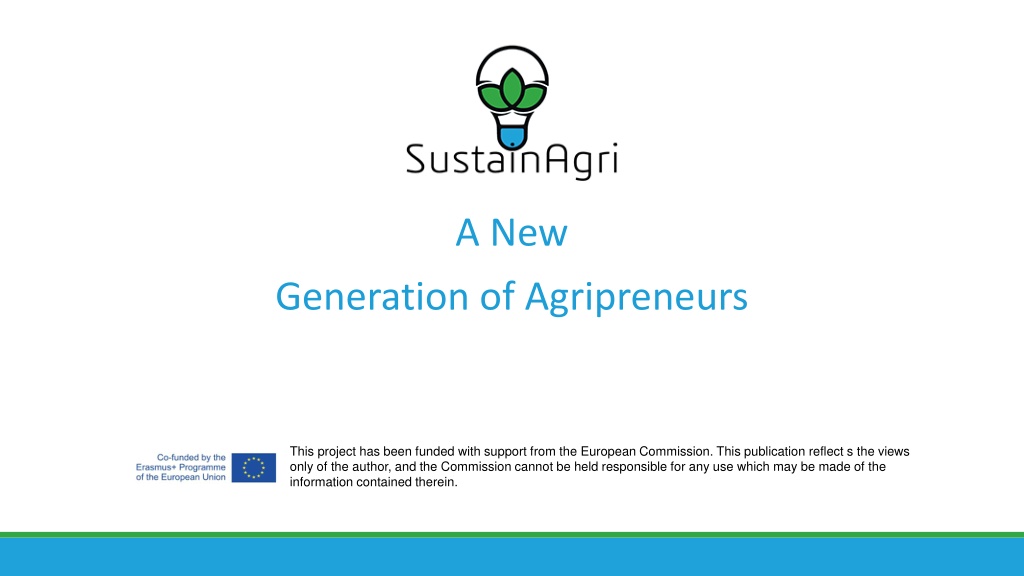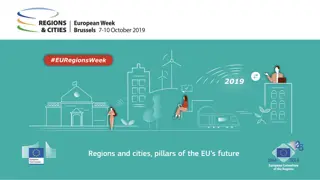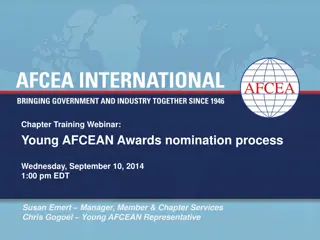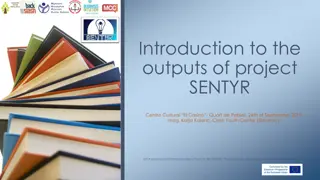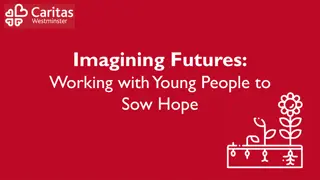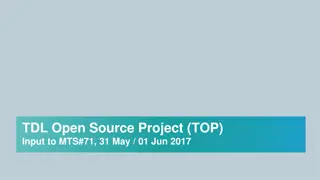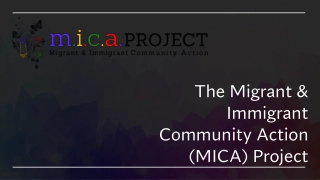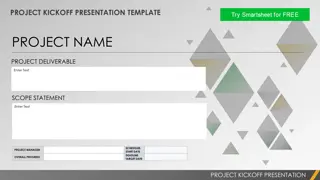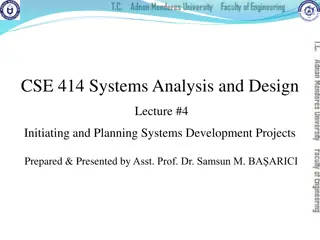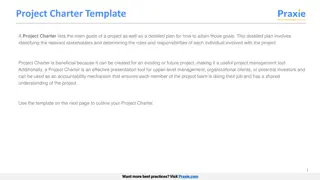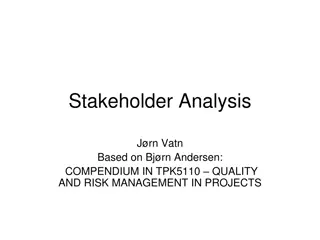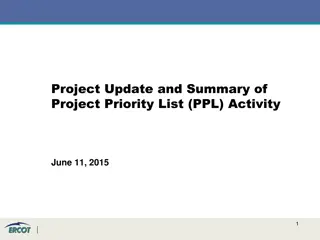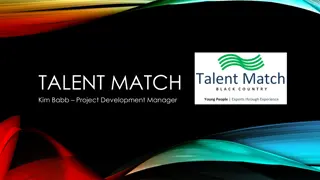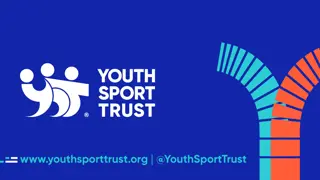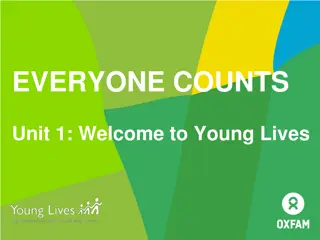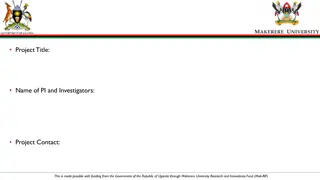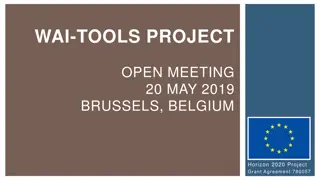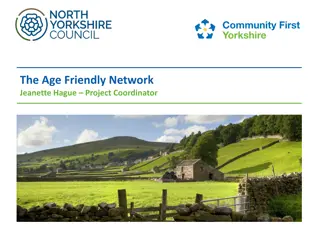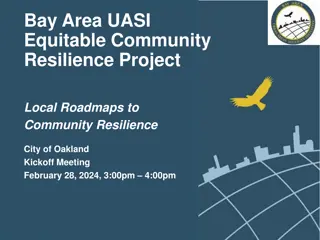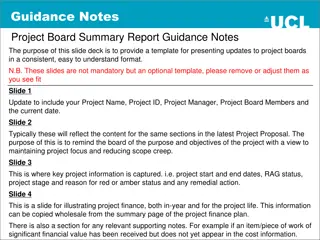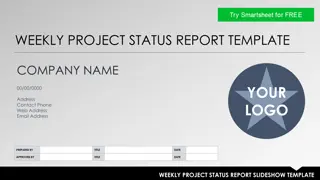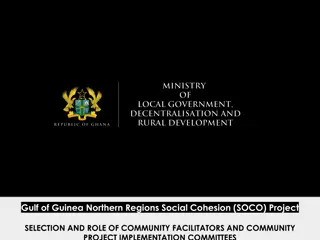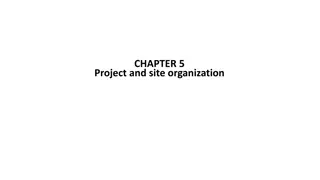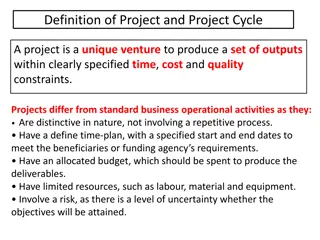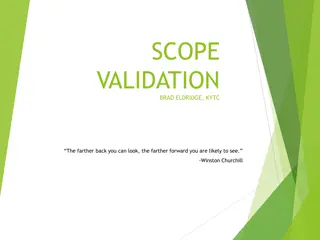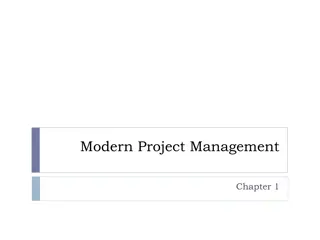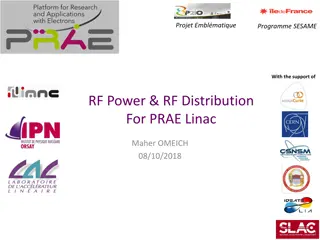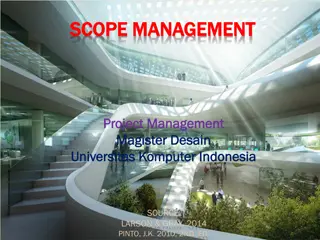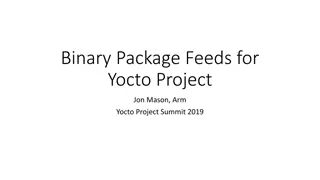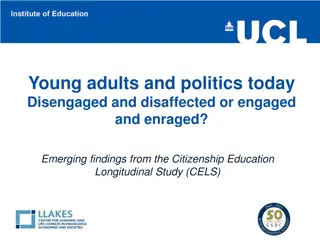Empowering Young Agripreneurs through SustainAgri Project
This project, funded by the European Commission, aims to nurture a new generation of agripreneurs by providing training resources and tools for sustainable agricultural entrepreneurship. The SustainAgri project focuses on strengthening competitiveness in the agricultural sector, linking sustainability with profitability, and fostering transnational cooperation. Modules cover various aspects from developing business plans to finance, marketing, and human resources management.
Download Presentation

Please find below an Image/Link to download the presentation.
The content on the website is provided AS IS for your information and personal use only. It may not be sold, licensed, or shared on other websites without obtaining consent from the author. Download presentation by click this link. If you encounter any issues during the download, it is possible that the publisher has removed the file from their server.
E N D
Presentation Transcript
A New Generation of Agripreneurs This project has been funded with support from the European Commission. This publication reflect s the views only of the author, and the Commission cannot be held responsible for any use which may be made of the information contained therein.
About the SustainAgri Project Purpose: To help young people to become agripreneurs Training Toolkit and Resources: The Erasmus+ SustainAgri project includes a set of learning resources to help young people to understand how to prepare a business plan to create a sustainable agricultural enterprise. The resources include: Training course supported by a set of practical tools and learning activities A serious Game called: The Young Agripreneur SustainAgri Toolkit Introduction to SustainAgri
SustainAgri Project Aims To strengthen the competitiveness of the agricultural sector by introducing young agripreneurs into sustainable farming To create incentives for younger people to consider entering and leading agri enterprises To link sustainability with farm profitability, demonstrating how the adoption of new technologies and management practices can reduce environmental impact and increase profitability To improve awareness of rural communities on social and environmental responsibility To foster transnational cooperation among the widest possible number of actors along the agricultural sector to better service sustainable farming. Introduction to SustainAgri
SustainAgri Learning and Tools The modules include a series of tools that you can use to develop your business idea (example right). Tool: SWOT Analysis For each tool, there is an explanation of the purpose of each tool and how to use it. It is recommended that you take time to use the tools to help build your business idea. Introduction to SustainAgri
SustainAgri Modules Module 1: Sustainable Agriculture and the Agripreneur Module 2: Developing a Business Plan Module 3: Sustainability and Business Improvement Module 4: Innovation and Product Development Module 5: Finance for Enterprises Module 6: Marketing and Networking Module 7: People Management and Human Resources Introduction to SustainAgri
Module 1: Sustainable Agriculture and the Agripreneur Aim: This module is about the emergence of global trends impacting on the agricultural sector and the opportunities creating opportunities for aspiring and existing entrepreneurs in the agricultural sector Learning Outcomes: Be able to discuss key global environmental trends Understand key global trends impacting on the agricultural sector Understand alternative, sustainable business models Explain the different types of agripreneurs and enterprises Understand the skills, knowledge and abilities needed for starting and running an enterprise Introduction to SustainAgri
Module 2: Developing a Business Plan Aim: This module is about the emergence of global trends impacting on the agricultural sector and the opportunities creating opportunities for aspiring and existing entrepreneurs in the agricultural sector Learning Outcomes: Demonstrate how to evaluate your business idea Be able to prepare and present business plans for a sustainable agricultural enterprise Introduction to SustainAgri
Module 3: Sustainability and Business Improvement Aim: This module is about understanding how to improve the sustainability, efficiency, and performance of an enterprise to create growth and added value Learning Outcomes: Be able to adopt a sustainable approach within an agricultural enterprise Understand how to implement continuous improvement to support improved efficiencies and performance Able to set and implement systems to monitor business performance Introduction to SustainAgri
Module 4: Innovation and Product Development Aim: This module is about the role of innovation and creativity in improving existing products/services and developing new ones within a sustainable agricultural enterprise Learning Outcomes: Understand what is meant by innovation and creativity Understand how a culture of innovation and creativity is developed within an organisation Understand how innovation and creativity contributes to business growth Understand how to implement new product/service development plans Introduction to SustainAgri
Module 5: Finance for Enterprises Aim: This module is about understanding how to use financial and management accounts to manage the performance of a business Learning Outcomes: Understand the importance of financial management for a business Understand how to identify financial requirements to support an enterprise Understand the importance of accurate bookkeeping to financial management Be able to evaluate financial options to fund a business Be able to monitor income and expenditure against business objectives Be able to conduct a financial analysis Introduction to SustainAgri
Module 6: Marketing and Networking Aim: This module is about understanding how to use marketing plans and networking to develop and grow an enterprise Learning Outcomes: Understand the principles of effective networking Be able to develop partnerships and collaborative relationships Be able to develop marketing strategies Introduction to SustainAgri
Module 7: People Management and Human Resources Aim: This module is about understanding how to use various coaching tools and how to build and successful coaching relationship Learning Outcomes: Be able to plan work for teams and individuals Be able to manage individuals and teams to achieve team objectives Be able to develop and support teams and individuals Understand how people management activities support a business Introduction to SustainAgri
Tool: SWOT Analysis Purpose: To assess your business idea and plan before you finalise your plan and business idea S = Strengths You can use SWOT Analysis to make the most of your skills, expertise, resources and opportunities. W = Weaknesses You can use it to identify and reduce the chances of failure, by understanding what you are lacking, and eliminating risks and challenges that might impact on your chances of success. O = Opportunities You can start to develop your strategy that distinguishes you from your competitors enabling you to compete successfully in your chosen market. T = Threats Introduction to SustainAgri
Tool: SWOT Analysis S = Strengths W = Weaknesses What do you do well? What unique resources can you draw on? What do others see as your strengths? What could you Improve? Where do you have fewer resources than others? What are others likely to see as weaknesses? T = Threats O = Opportunities What opportunities are open to you? What trends could you take advantage of? How can you turn your strengths into opportunities? What threats could harm you? What is your competition doing? What threats do your weaknesses expose to you? Introduction to SustainAgri
A New Generation of Agripreneurs This project has been funded with support from the European Commission. This publication reflect s the views only of the author, and the Commission cannot be held responsible for any use which may be made of the information contained therein.
